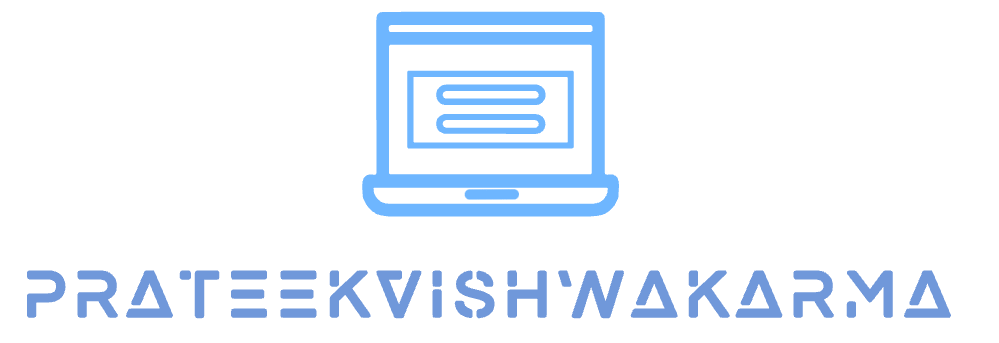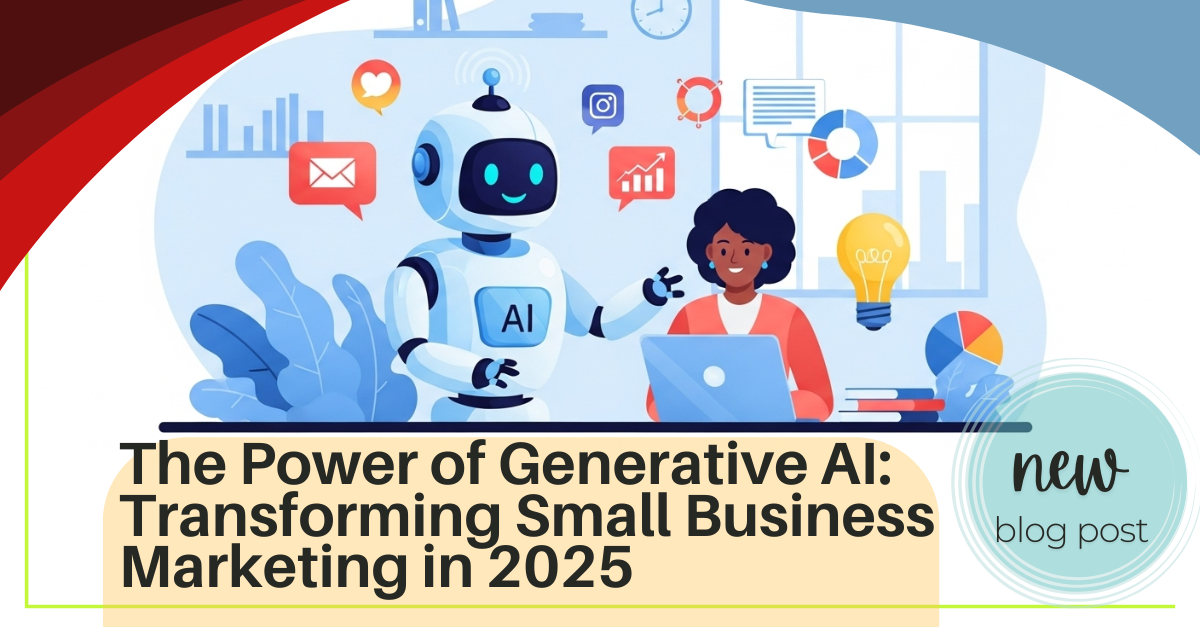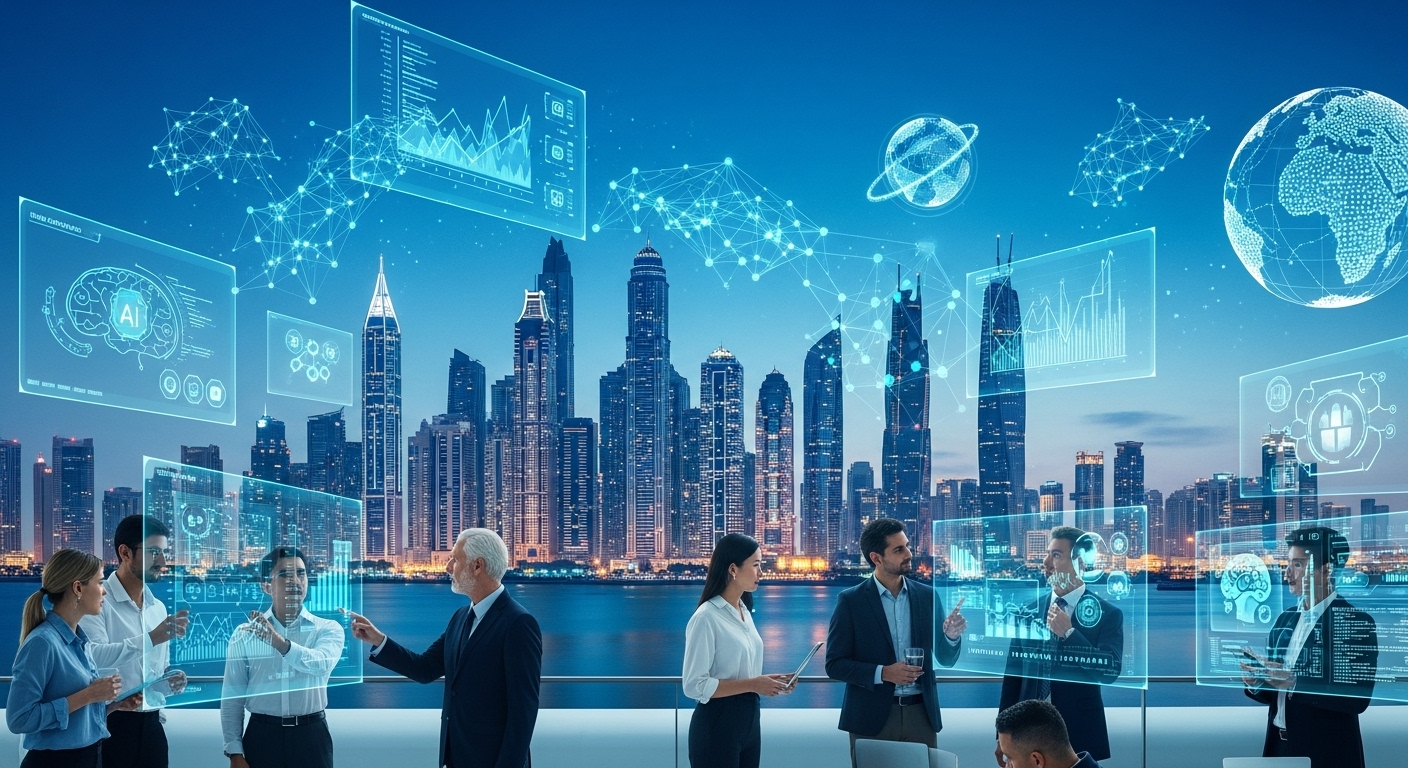The landscape of learning and professional growth is undergoing a profound transformation. At its heart lies artificial intelligence (AI), a technology revolutionizing how individuals acquire, hone, and apply skills. AI is moving beyond traditional one-size-fits-all training models. It now offers incredibly personalized and adaptive learning experiences. This shift is unlocking unprecedented potential for both individuals and organizations.
From custom learning paths to real-time feedback, AI is reshaping what’s possible in education and workforce development. It ensures that learning is not just efficient but also deeply engaging and highly relevant to each person’s unique needs and career aspirations.
Key Takeaways:
- AI delivers truly personalized learning by adapting content, pace, and methods to individual learners.
- It enhances skill development through adaptive assessments, real-time feedback, and dynamic content recommendations.
- In corporate settings, AI streamlines training, identifies skill gaps, and fosters continuous upskilling and reskilling.
- AI-driven career pathing offers tailored guidance, helping individuals navigate evolving job markets and seize new opportunities.
- The future workforce demands AI literacy, alongside critical thinking and creativity, making continuous learning vital.
The Dawn of Personalized Learning with AI
Traditional education often struggles to cater to diverse learning styles and paces. AI, however, thrives on this diversity. It leverages advanced algorithms and data analytics to create educational methods that truly adapt to each learner. This is known as adaptive learning.
AI-powered platforms analyze an individual’s past performance, preferences, and learning behaviors. They then customize resources and activities accordingly. This ensures that learners are consistently challenged and engaged, leading to better knowledge retention.

Tailored Content and Dynamic Pacing
Imagine a learning system that knows when you’re struggling with a concept. It then offers additional explanations or exercises. Conversely, if you’re mastering a topic quickly, it provides more advanced material. This dynamic adjustment is a core benefit of AI in education.
- Individualized Learning Paths: AI creates unique roadmaps for skill acquisition. These paths align with an individual’s strengths, weaknesses, and career goals.
- Adaptive Content Delivery: Content is presented in formats best suited for the learner, whether it’s video, interactive simulations, or text.
- Real-Time Adjustments: The system continuously assesses progress and adapts in real-time. This keeps learning relevant and effective.
Revolutionizing Corporate Training and Workforce Development
Businesses globally recognize the urgent need for continuous upskilling and reskilling. AI is becoming an indispensable tool in corporate learning and development (L&D). It transforms traditional training into highly efficient and impactful programs.
AI helps organizations address critical skill gaps. It ensures employees are prepared for future roles. It also boosts employee satisfaction and engagement.
From Generic to Targeted Training
Gone are the days of generic training sessions. AI enables hyper-personalized learning experiences within organizations. It analyzes employee performance data and career aspirations. Then, it develops customized learning plans.
- Skill Gap Identification: AI accurately pinpoints specific areas where employees need to improve. It recommends targeted courses or training programs.
- Automated Content Curation: AI can quickly generate relevant training materials, case studies, and quizzes. This streamlines content creation for L&D teams.
- Gamification and Engagement: AI boosts learner engagement through gamified elements like quizzes and challenges. These activities adapt to skill levels, keeping motivation high.

The Power of AI in Skill Assessment and Career Pathing
Understanding current skill sets and planning future career trajectories are crucial. AI offers powerful solutions in both assessment and career guidance. These tools provide data-driven insights that empower individuals and organizations.
Precision Skill Assessment
AI-powered skill assessment platforms are revolutionizing hiring and development. They evaluate abilities in real time and reduce bias. These platforms use machine learning to automate evaluations and simulate real-world scenarios.
Popular platforms like HackerRank and Vervoe assess technical and behavioral skills. They provide detailed reports on performance and problem-solving approaches. This helps identify strengths and areas for improvement.
Dynamic Career Pathing
AI-driven career pathing is transforming how professionals navigate their growth. Instead of rigid, linear progressions, AI focuses on dynamically mapping employee skills. It identifies skill gaps, offers tailored learning plans, and even predicts potential career moves.
Tools like Google’s Career Dreamer analyze labor market data. They help individuals uncover career potential and suggest new paths. This ensures career development remains both efficient and meaningful.
AI and the Evolving Future of Work
Artificial intelligence is profoundly transforming work across industries. It automates repetitive tasks and enhances productivity. This creates new job categories and shifts the skills demanded in the workforce.
As AI takes over more routine tasks, human skills like critical thinking, creativity, and complex problem-solving become even more valuable. The ability to adapt and engage in continuous learning is paramount.
Essential Skills for an AI-Driven World
To thrive in this evolving landscape, a combination of technical and strategic AI-related skills is crucial. Workers need to develop AI literacy. They must understand how to interact with and leverage AI tools effectively.
- Data Analysis: Interpreting and presenting data will be key as businesses rely more on AI.
- Machine Learning Concepts: Understanding how AI learns and how to apply it is essential for working with AI tools.
- AI Ethics: Awareness of bias mitigation and responsible AI deployment is increasingly important.
- Communication & Creativity: These human-centric skills remain vital for connecting dots and generating new ideas.
Challenges and the Path Forward
While AI offers immense benefits, its integration into skill development is not without challenges. Concerns about data privacy, algorithmic bias, and the digital divide need careful consideration. Ensuring equitable access to AI-powered learning is vital.
The human role in education and training is evolving. Educators become architects of adaptive systems. They guide how AI tools are built and applied. Businesses must invest in training and support systems. This empowers teams to adapt and grow with new technology. Strategic upskilling is not just about adopting new tech. It’s about designing policies that prioritize continuous learning. These policies must factor in AI skills alongside rich people skills.
Conclusion
AI is more than just a tool; it’s a catalyst for unlocking human potential in skill development. By providing truly personalized, adaptive, and data-driven learning experiences, AI empowers individuals to navigate complex career landscapes and continuously grow. For organizations, it means a more skilled, engaged, and future-ready workforce. Embracing AI in skill development is not just about staying competitive. It’s about fostering a culture of lifelong learning that benefits everyone.
Frequently Asked Questions (FAQ)
Q1: What is personalized skill development?
Personalized skill development uses AI and data analytics to tailor learning content, pace, and methods to an individual’s unique needs, strengths, weaknesses, and career goals. It moves beyond generic training to create a customized learning journey.
Q2: How does AI personalize learning experiences?
AI personalizes learning by analyzing data such as a learner’s performance, preferences, and skill levels. It then customizes learning paths, recommends relevant content, and adapts quizzes or training materials in real-time to match the learner’s progress and optimize engagement.
Q3: What are the main benefits of using AI in corporate training?
AI in corporate training offers numerous benefits, including personalized learning experiences, accurate skill gap identification, automated content creation, real-time feedback, improved employee engagement through gamification, increased accessibility, and overall efficiency and cost reduction in L&D programs.
Q4: Can AI help me with my career path?
Yes, AI can significantly help with career pathing. AI-driven tools analyze your current skills, interests, and labor market data. They identify skill gaps, suggest tailored learning opportunities, and recommend potential career moves or upskilling paths aligned with your aspirations.
Q5: What skills are becoming more important due to AI’s impact on the workforce?
As AI automates repetitive tasks, human-centric skills like critical thinking, creativity, complex problem-solving, and effective communication are gaining importance. Technical skills such as data analysis, machine learning understanding, and AI literacy are also becoming essential across many industries.
















Add a Comment